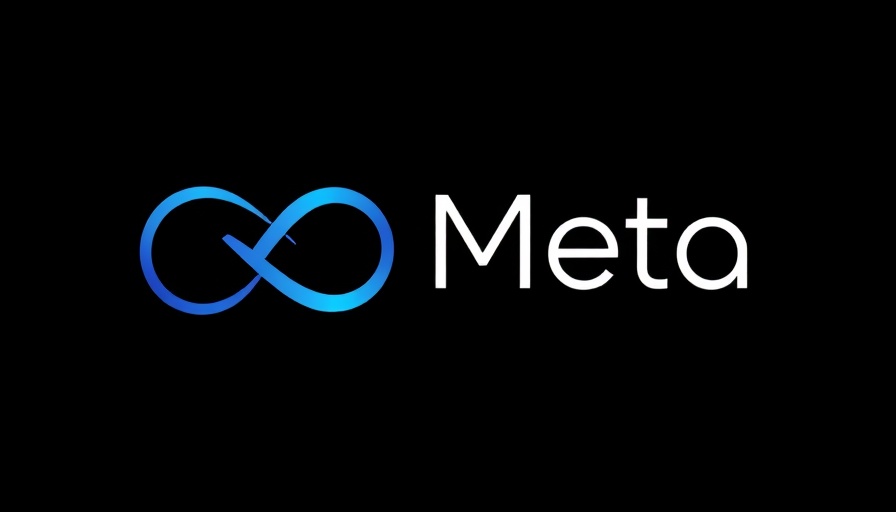
The Rise of AI Companions: A Double-Edged Sword
The burgeoning development of AI companions has become a hot topic, especially as brands like xAI and Meta introduce increasingly sophisticated virtual partners. While these innovations may address the growing "Loneliness Epidemic," serious questions arise regarding their social and psychological impacts.
Understanding the Loneliness Epidemic
The term "Loneliness Epidemic" refers to a growing trend where individuals feel more isolated despite being digitally connected. Social media may connect people superficially, but deeper interpersonal relationships are on the decline. AI companions are positioned as potential solutions to this issue, offering users a semblance of connection even as they distract from the need for human interaction.
The Dangers of Emotional Reliance
The shift towards AI companions raises concerns as users may become emotionally reliant on non-human interactions. This reliance can lead to significant risks, such as individuals basing their emotional well-being on entities that may not genuinely reciprocate feelings. Early data suggests potential consequences, including increased vulnerability to misinformation and manipulation, especially among less tech-savvy users.
Real-Life Implications and Psychological Risks
Psychologists have cautioned that cultivating relationships with AI could foster feelings of shame and inadequacy, especially in those who experience stigma regarding romantic relationships with non-human entities. The cognitive dissonance between enjoying these AI interactions and societal perceptions could lead to mental health complications, illustrating the complex social interplay at work.
Encouraging Human Connection
As businesses in the digital marketing sector grapple with these advancements, it’s crucial to remember the value of genuine human connections. Encouraging community engagement, fostering meaningful relationships, and promoting interpersonal interactions can help mitigate some of the psychological risks associated with AI companions.
Organizations must contemplate ways to integrate AI tools without sacrificing the essence of human interaction. As experts advise, the focus should be on enhancing, not replacing, human relationships. Businesses can facilitate workshops or community events to address these concerns and promote broader mental health awareness as AI technologies advance. Entrepreneurs and marketers must also consider the ethical implications of marketing these AI tools and their potential effects on customers' well-being.
 Add Row
Add Row  Add
Add 




Write A Comment